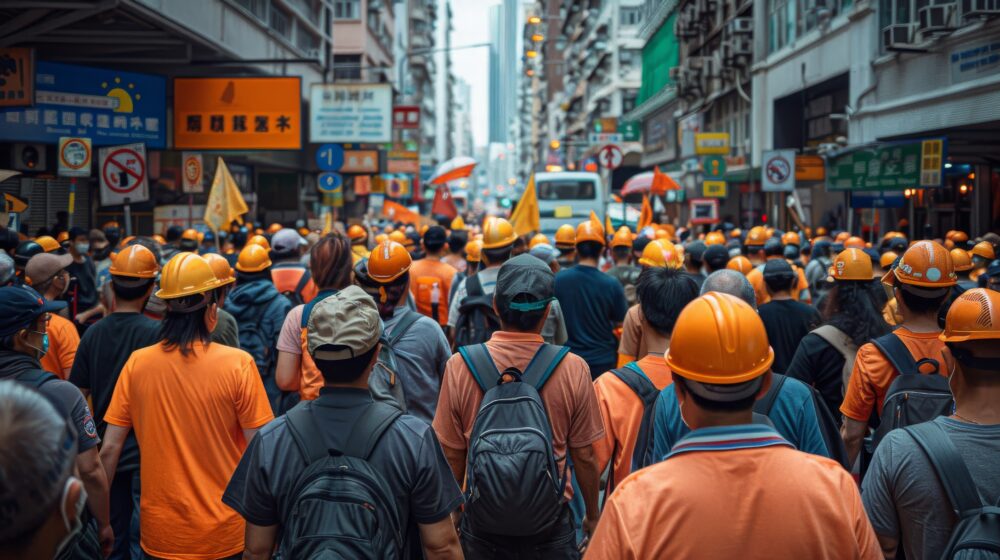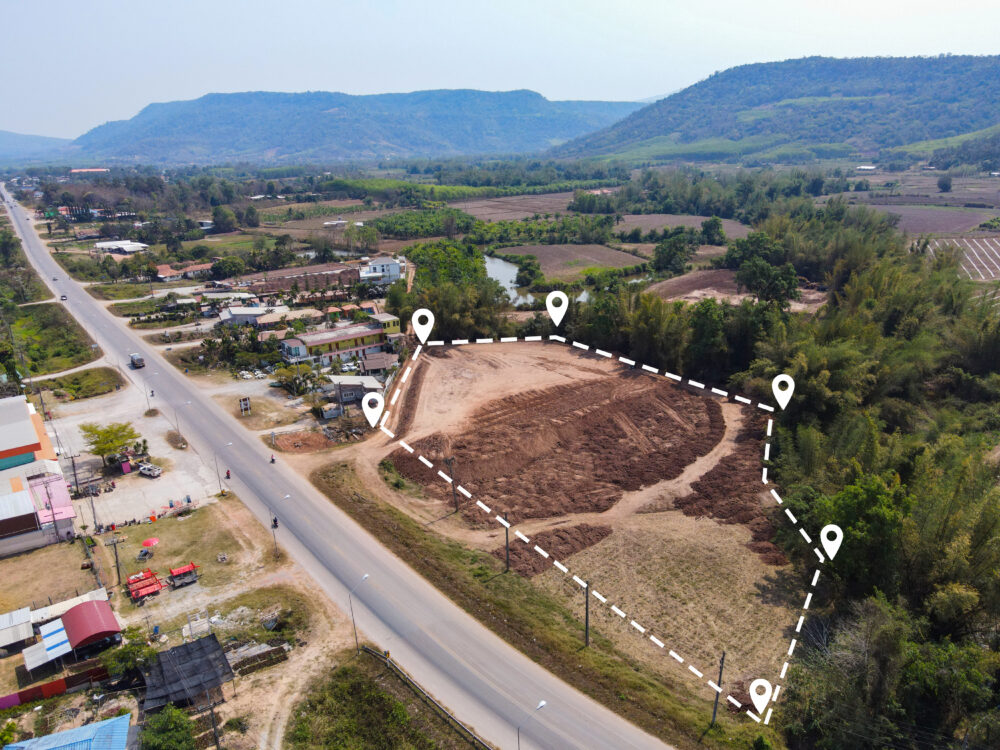According to the 2024 investment report, China leads in the number of new investment projects (accounting for 28.3% of total investment projects in Vietnam) and ranks third in total investment capital (USD 4,732.1 million). This demonstrates Vietnam’s openness to welcoming projects from Chinese investors and highlights the growing wave of Chinese investments into Vietnam.
Among these, the industrial, processing, and manufacturing sectors account for the highest proportion of investment, making up 66.9% compared to other business sectors.
Thus, the decision by Chinese investors to choose Vietnam as a destination to establish and operate furniture manufacturing factories is full of potential and advantages.
This article aims to provide Chinese investors with an overview of the legal framework and basic regulations to keep in mind when establishing furniture manufacturing factories in Vietnam.
1. Legal Framework Governing Investment and Manufacturing Activities in Vietnam
- Market Entry Conditions:
Furniture manufacturing activities are not included in the list of prohibited business sectors as stipulated in Article 6 of the 2020 Law on Investment. They are also not listed in the restricted market access sectors for foreign investors under Appendix I of Decree No. 31/2021/ND-CP. Furthermore, Vietnam does not impose restrictions on Chinese investors engaging in this activity. Therefore, Chinese investors are fully entitled to establish wholly foreign-owned enterprises in Vietnam.
- Land Leasing and Usage Conditions for Manufacturing Activities:
According to Article 43 of the 2024 Land Law, economic organizations with foreign-invested capital are entitled to lease or sublease land within industrial parks or industrial clusters for business purposes. They can choose between two payment methods: one-time land lease payment or annual land lease payment.
As such, foreign investors can sign agreements to lease or sub-lease land or factories within industrial parks or clusters to establish rights to use the location for their investment projects. These agreements must be included in the application dossier for an investment registration certificate for furniture manufacturing projects. Once the Chinese investor completes the company establishment procedures, the newly established company can sign official lease contracts with the industrial parks or clusters and proceed with operationalizing the furniture manufacturing project.
2. Types of Company Formation for Chinese Investors
Chinese investors can choose from the following types of businesses to establish in Vietnam for furniture manufacturing activities:
- Single-Member Limited Liability Company (LLC): The Chinese investor will hold 100% ownership and control all company operations post-establishment.
- Two-Member Limited Liability Company: The Chinese investor can collaborate with another investor, who may be of the same or different nationality, or partner with a Vietnamese individual/organization to jointly operate the company.
- Joint Stock Company: For this type of company, the Chinese investor must collaborate with at least two other investors to establish the enterprise.
3. Legal Issues in Manufacturing Operations
- Labor Regulations:
After establishing their company, Chinese investors can recruit employees for their furniture manufacturing projects, including Vietnamese workers and foreign workers (including Chinese nationals).
However, when hiring Chinese workers, the company must follow these steps:
- Announce the recruitment of Vietnamese employees for the positions intended for foreign employees.
- Explain the need to use foreign labor if Vietnamese labor cannot be recruited for the intended recruitment position;
- Obtain approval from the Department of Labor for employing foreign employees.
- Once approval is granted, submit an application for work permits for the foreign employees.
- After receiving the work permits, the company and foreign employees may sign labor contracts with terms matching the duration of the work permits (up to 2 years).
The process of recruiting foreign employees in Vietnam is time-consuming and involves complex procedures. Therefore, Chinese investors should carefully consider which key positions to allocate for personnel from their home country or transfer to Vietnam to effectively manage their projects.
- Environmental Protection Regulations:
Depending on the scale, capacity, type of production, land use area, natural resource exploitation, and sensitivity of the environment (e.g., proximity to residential areas or sources of drinking water), investment projects are categorized to determine the conditions and permits required before commencing operations.
Environmental issues are of great importance and are closely monitored by state authorities. As such, Chinese investors should consult with environmental experts or advisory units to ensure compliance with environmental regulations and obtain the necessary permits specific to their project type.
4. Potential Legal Risks and Mitigation Measures
- Land Disputes and Lease Agreements for Land/Factories:
Language barriers and limited understanding of Vietnamese laws may lead Chinese investors to encounter challenges and risks during negotiations and site evaluations. Without professional legal support, such issues can escalate into disputes. Common risks include:
-
- Leased land is not suitable for furniture manufacturing activities due to zoning regulations.
-
- The lessor does not meet legal conditions for leasing.
-
- Difficulties in obtaining permits for company establishment due to unclear land use rights.
These challenges can delay or hinder investment progress.
- Disputes with Partners or Suppliers:
A lack of understanding of Vietnamese regulations and the operational landscape of the furniture manufacturing sector may result in investors selecting the wrong partners or suppliers, causing financial losses and project delays. Examples include:
-
- Incomplete or outdated construction permits for facilities.
-
- Failure to meet fire prevention and safety standards.
-
- Unreliable material suppliers, affecting quality and production schedules.
- Measures to Mitigate Legal Violations:
To ensure legal compliance and optimize investment efficiency, Chinese investors should collaborate with professional legal advisory units for comprehensive legal support in their furniture manufacturing projects. Furthermore, engaging with reputable financial advisory firms will provide a holistic view of financial planning, ensuring adequate preparation of funds before commencing investment in Vietnam.
5. Recommendations and Suggestions for Chinese Investors
- Choose investment forms that comply with Vietnamese laws.
- Ensure adherence to labor, tax, and environmental regulations.
- Collaborate with professional legal advisory units to manage potential risks.
In conclusion, A deep understanding of legal issues in Vietnam’s furniture manufacturing sector is vital for Chinese investors. It not only ensures familiarity with the legal framework but also helps investors adequately prepare financial resources to guarantee stable and efficient project operations over the long term. Partnering with experienced legal experts is an indispensable factor in building a sustainable business foundation and ensuring full compliance with the law.
See more:
1/ Korean investors operating in wholesale and retail of electric motorbikes in Vietnam
2/ Hong Kong investors engaging in architectural services and technical consultancy in Vietnam
3/ Foreign investors operating restaurants outside shopping centers
Disclaimers:
This article is for general information purposes only and is not intended to provide any legal advice for any particular case. The legal provisions referenced in the content are in effect at the time of publication but may have expired at the time you read the content. We therefore advise that you always consult a professional consultant before applying any content.
For issues related to the content or intellectual property rights of the article, please email cs@apolatlegal.vn.
Apolat Legal is a law firm in Vietnam with experience and capacity to provide consulting services related to Business and Investment and contact our team of lawyers in Vietnam via email info@apolatlegal.com.





































